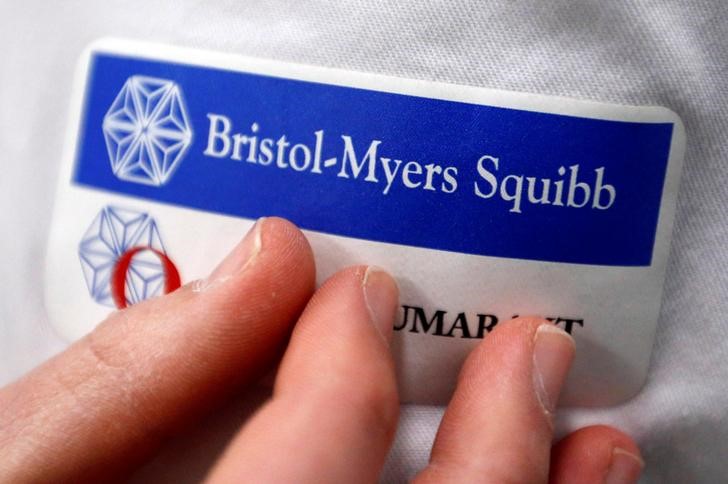Oil prices rebound sharply on smaller-than-feared OPEC+ output hike
PRINCETON, N.J. - Bristol Myers Squibb (NYSE:BMY), a pharmaceutical giant with $47.7 billion in trailing twelve-month revenue and a market capitalization of $91.8 billion, announced Wednesday that the U.S. Food and Drug Administration has granted Fast Track Designation to BMS-986446, its anti-microtubule binding region-tau (anti-MTBR-tau) antibody being developed for early Alzheimer’s disease. According to InvestingPro data, the company maintains a robust financial health score of "Good," positioning it well for continued R&D investments.
The designation is intended to expedite the development and review process for drugs that address serious conditions with unmet medical needs. BMS-986446 is currently in Phase 2 clinical trials. The company’s strong financial position, with a healthy gross profit margin of 74% and significant dividend yield of 5.5%, provides stability as it advances its drug development pipeline.
The investigational therapy aims to modify the underlying course of Alzheimer’s disease by targeting pathological tau protein fragments, which are believed to play a key role in the disease’s progression. The antibody works by neutralizing the spread of pathological tau and promoting its clearance.
"The FDA’s Fast Track Designation for BMS-986446 underscores the urgent need for innovative therapies for Alzheimer’s disease," said Laura Gault, senior vice president and head of development for Neuroscience at Bristol Myers Squibb, according to the company’s press release.
In preclinical models, BMS-986446 demonstrated reductions in tau uptake and spread, along with protection against behavioral deficits. The company reported that a Phase 1 study in healthy participants showed the drug was safe and well-tolerated across three dose cohorts.
The ongoing Phase 2 study, called TargetTau-1, is fully enrolled. It incorporates biomarkers of tau and amyloid-beta biology, as well as clinical outcome measures, to evaluate the drug’s impact on disease progression.
Alzheimer’s disease is the most common type of dementia in adults, characterized by progressive neurodegeneration that impacts memory, cognition, and behavior. The disease affects not only patients but also places significant burdens on families and caregivers.
The Fast Track Designation does not change the standards for FDA approval, and there is no guarantee the drug will ultimately receive regulatory approval or prove commercially successful. Trading near its 52-week low, Bristol Myers Squibb currently appears undervalued according to InvestingPro analysis, which offers comprehensive insights through its Pro Research Report, available along with 12 additional ProTips and extensive financial metrics for subscribers.
In other recent news, Bristol Myers Squibb reported significant advancements and strategic decisions. The company announced that starting in 2026, it will offer substantial discounts on its medications Eliquis and Sotyktu, with prices reduced by over 40% and 80%, respectively, for eligible cash-paying patients. Additionally, the Phase 3 EXCALIBER-RRMM study for its multiple myeloma therapy, iberdomide, showed statistically significant improvements in patient outcomes, specifically in minimal residual disease negativity rates. The trial will continue to assess other important outcomes like progression-free survival.
In another development, Bristol Myers Squibb has committed to using Veeva Systems’ Vault CRM platform, a move that led Stifel to reiterate its Buy rating on Veeva Systems. Looking ahead to 2026, Bristol Myers Squibb plans to launch its schizophrenia treatment, Cobenfy, in the United Kingdom, with pricing set to match the U.S. list price of $22,500 annually. This pricing strategy establishes a consistent cost structure for patients in both the U.S. and UK markets.
This article was generated with the support of AI and reviewed by an editor. For more information see our T&C.
